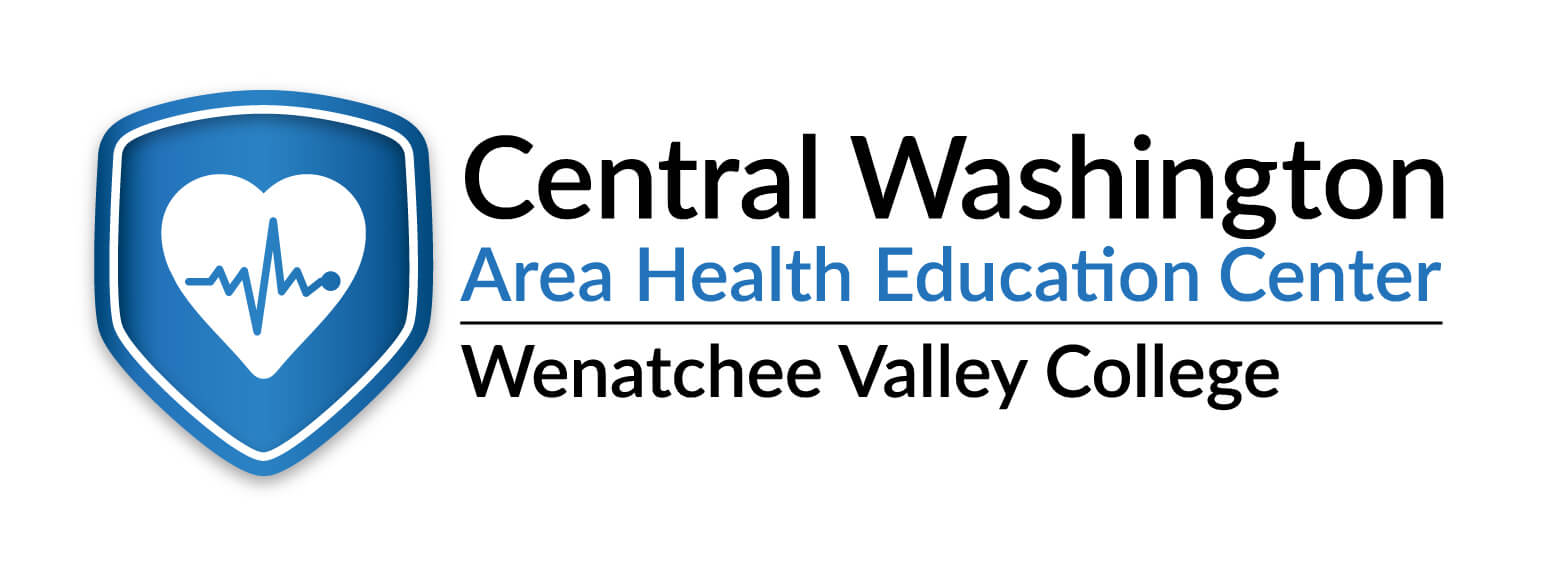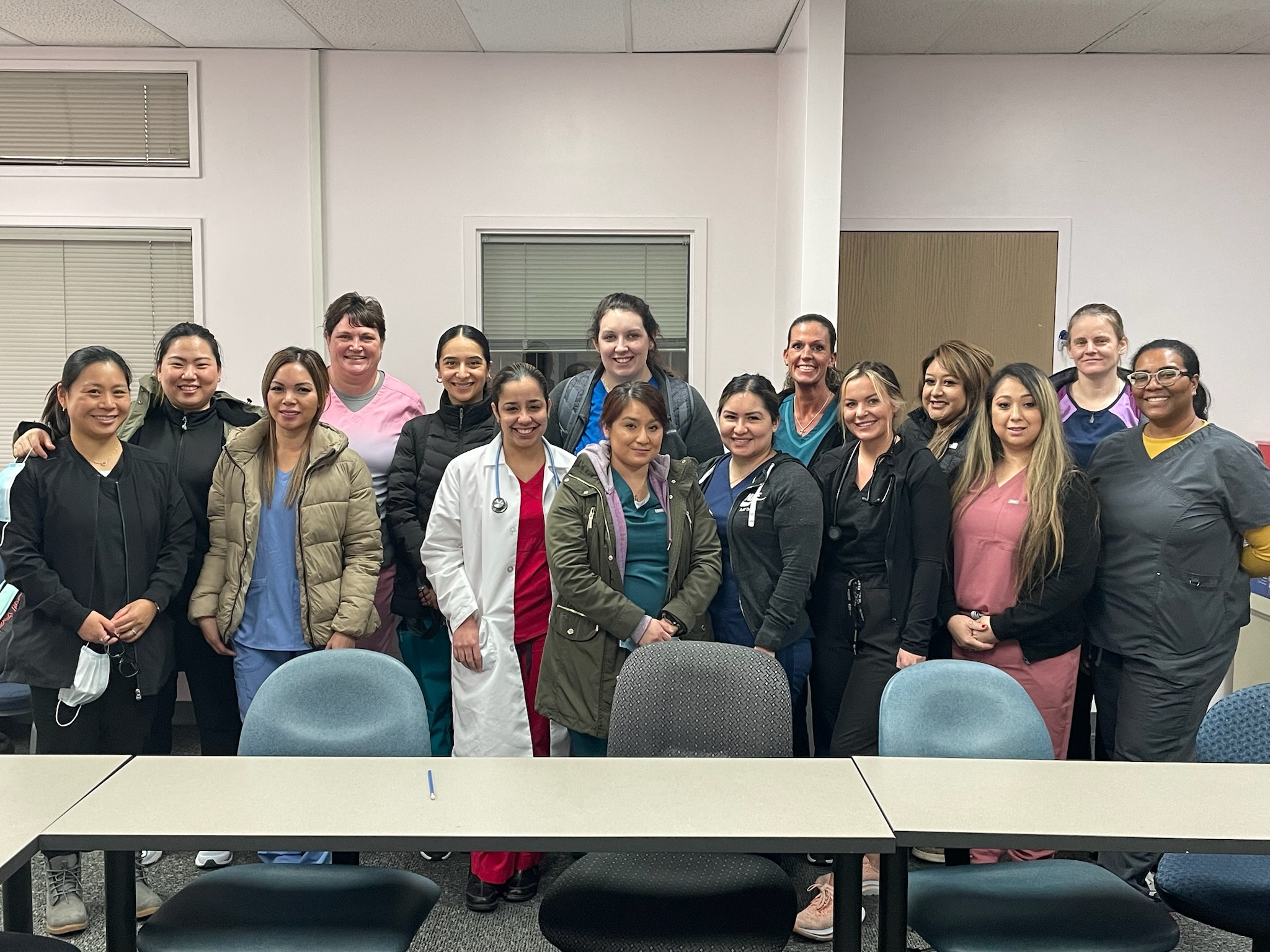AHEC Scholars

AHEC Scholars
The focus of the AHEC Scholars is on "pipeline to practice." This is a two-year, interprofessional certificate program. Our first cohort for CW-AHEC was enrolled in fall 2022 and will run until spring 2024.
Mission statement: To Increase and diversify the healthcare workforce in rural and underserved communities.

Certificate requirements
Student Requirements for the AHEC Scholars Certificate include:
- Submission of formal application (through the WA-AHEC website)
- Must be from a degree or certificate program that is at least two-years
- Completion of 40 hours of didactics on the eight core topics areas
- Completion of 40 hours of interdisciplinary community/experiential/clinical learning working in underserved or rural communities a year
- Commit to two years in the program, and a one-time program follow-up
Didactic learning topics
Didactic learning is in the following eight (8) topic areas:
- Interprofessional Education: (also known as interdisciplinary training) supports a coordinated patient-centered model of health care that involves an understanding of the contributions of multiple health care professionals.
- Social Determinants of Health: includes five key (determinants) of economic stability, education, social and community context, health and health care, and neighborhood and built environment, and their impact on health.
- Practice Transformation: aims to fully support quality improvement and patient-centered care through goal setting, leadership, practice facilitation, workflow changes, measuring outcomes, and adapting organizational tools and processes to support new team-based models of care delivery
- Behavioral Health Integration: promotes the development of integrated primary and behavioral health services to better address the needs of individuals with mental health and substance use conditions.
- Cultural Humility: seeks to improve individual health and build health communities by training health care providers to recognize and address the unique culture, language and health literacy of diverse consumers and communities
- Current and Emerging Health Issues: such as the opioid epidemic and COVID-19 pandemic
- Connecting Communities and Supporting Health: through didactics and community-focused events, introduce students to the importance of community health workers (CHWs) as members of the healthcare team, and recruit CHW learners to join the cohort itself.
- Virtual Learning and Telehealth: Through didactics and clinical opportunities, expose students to the benefits and challenges associated with virtual communication.
Experiential learning
Clinical, community and experiential learning include:
- Clinical rotations in rural and underserved locations
- Interprofessional community service-learning activities
- Field trips, networking events, simulation exercises


